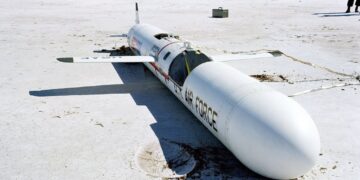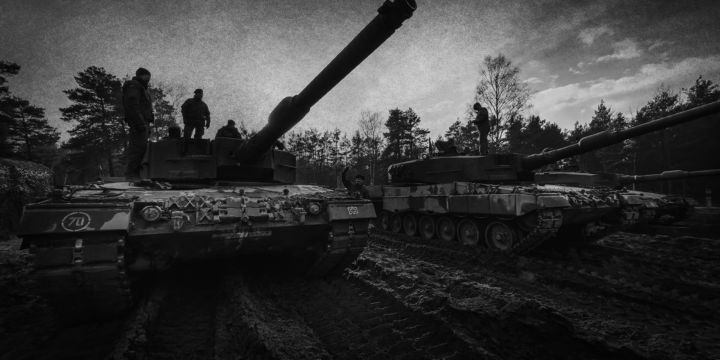August 19, 2024
Lessons from the Korean War: Sometimes, an imperfect peace is sweeter than victory

When Dwight Eisenhower assumed the presidency in 1953, he had one immediate policy objective: to end the Korean War.
In July of 1953 the war came to an end, with an uneasy stalemate. That the war did not liberate North Korea from the grips of communism pained Eisenhower, but it did not cloud his strategic vision of the situation.
Speaking to the nation from the White House, late at night on July 26, he put it this way: “Tonight we greet, with prayers of Thanksgiving, the official news that an armistice was signed almost an hour ago in Korea….And so at long last the carnage of war is to cease and the negotiations of the conference table is to begin.”
Eisenhower was not afraid of conflict, yet he weighed the devastation of war alongside the potential good that could come from victory. He surveyed Korea and correctly concluded that a stalemate was the best plausible outcome.
That conviction is what drove him to end the war quickly. Continued fighting was not going to change the strategic outcome, but it would kill more people, deprive more families of seeing their loved ones again, and prevent alleviating the starvation that had set in on parts of the Korean peninsula. To Eisenhower, knowing when to stop a war was as important—both morally and strategically—as fighting a just war to total victory.
More on Eurasia

October 16, 2025

Featuring Jennifer Kavanagh
October 14, 2025
Events on Ukraine-Russia







